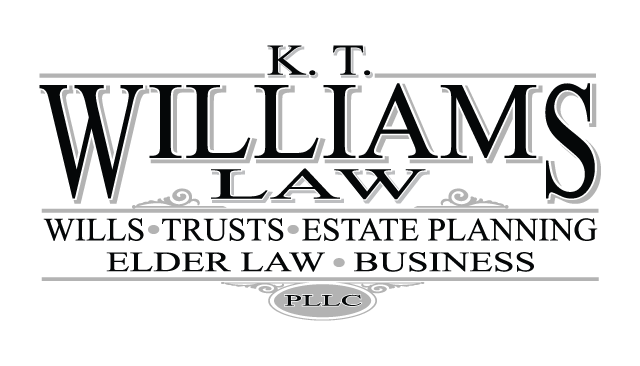How To: Prepare for your Estate Planning meeting
Important appointments like those for our annual physical with our physician or for going over our tax returns with our accountant can be intimidating and stressful. You might feel that way about your upcoming estate planning meeting, too. But you shouldn’t feel that way. Instead, realize that the meeting is a great step toward securing and controlling your future. And to make the most of the meeting, here are a few tips to help you prepare for it.
What Do You Want To Accomplish? What Are Your Goals?
One of the first things I plan to ask you is what you want to accomplish through our working together. Is it to make sure your assets pass to certain beneficiaries? Is it to limit taxes? Is it to protect your assets from nursing home costs? Is it to make sure your children or spouse are protected in the event you die young or otherwise unexpectedly? Is it a combination of several of these goals? Give it some thought before the meeting. It’s not necessary that you are certain of your goal. But it’s helpful if you have given it some thought. We will explore it more deeply in the meeting and help focus our attention on achieving your goal.
Consider Your Family’s Unique Dynamic.
All of us are unique, and our families are unique. So, you and your family should be treated uniquely. You deserve it. You shouldn’t be treated as if you were no different than everyone else who wants to plan their future. When we meet, I’ll ask you about your family. And it’s important for you to be honest. If you have someone who isn’t good with money, you should say so. If you have someone with substance abuse problems, you should say so. If you have someone, perhaps a child, whose spouse is overbearing, untrustworthy, or deceitful, you should say so. This will help us form a structure for your estate plan that will provide benefits without the risk that their uniqueness will cause problems.
Know Your Assets.
Identify your assets, their value, and how they are titled. In other words, have a good idea about what you have and in whose name it is owned. That will help us determine the best way for your assets to be protected and passed to your preferred beneficiary.
Think About Who You Trust and Want In Important Roles.
Who do you trust to do what is in your best interest? Will they take care of your family members, too? The executor of your estate identified in your Last Will and Testament should have good organization skills, be able to handle finances, and not give in to undue pressure that might come from someone who doesn’t have the estate or its beneficiaries’ interests as a priority. Your Attorney-in-Fact under your Power of Attorney should possess the same qualities as your executor, and they can be the same person. The authority of the Attorney-in-Fact will end when the person who gave the authority dies. If you have a trust, your trustee should possess these qualities, too. The trustee will manage the trust assets, handle them for the trust beneficiaries, and follow the directions contained in your trust. Obviously, the trustee must be someone who is trustworthy. You should be confident the trustee will do what you want and will follow the instructions in your trust for the trust’s beneficiaries.
It will help us with your planning if you have the contact information for your family members and any non-family members who you want to serve in an authority position like those identified here. Having that information at the planning meeting isn’t necessary, but it will be needed before the planning is completed.
Keep An Open Mind.
The planning that was done for your friends or family might be similar to what is appropriate for you. But don’t count on it. You are unique. Your assets are unique. Your goals may be unique. So, your planning should be appropriate for your unique circumstances. That means you need to keep an open mind about what planning may be most appropriate for you and strongly consider the recommendation that is made by the expert who is evaluating your situation and recommending the best way to handle it.
Ask Questions.
Ask questions if you don’t understand something about your estate planning or that is discussed in the estate planning meeting. I always try to fully explain the topics we cover in the meeting, but some of the topics are more complex than others and more difficult to explain and understand. Your questions may be the only way for me to know you don’t understand. I want you to be confident about what you’re doing and why you’re doing it. But it is hard to be confident if you don’t understand what is being done and why it is being done. Always feel free to ask questions until you have a solid understanding.
Make An Appointment.
Getting ready for your estate planning meeting starts with making an appointment. The goals that matter to you will not be achieved if you don’t begin the planning process. So, schedule your estate planning appointment. We’ll take you through the process and make it painless and enlightening. When we’re finished, you will have taken care of an important and necessary task for you and your family, and you will have relief and confidence that you’ve done it well. Contact us to get started.



